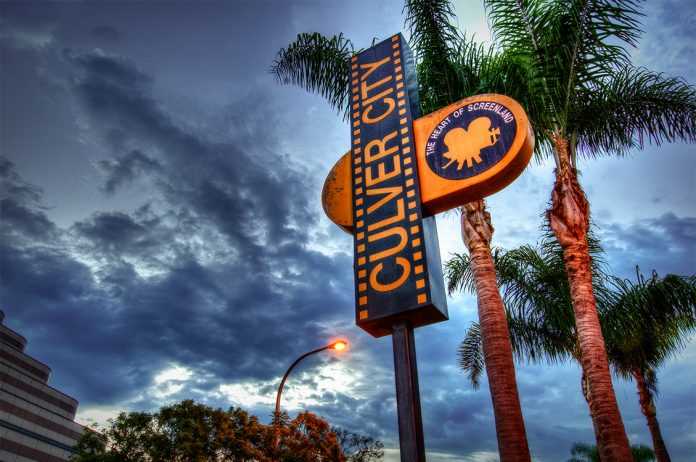By Christian May-Suzuki
The second and final team of Culver City firefighters sent to assist in the Mendocino complex fire returned home Thursday night, Aug. 23. While this team spent two weeks in Northern California assisting with the fire, Culver City firefighters had been away from home assisting in other fires for almost a month.
It was 2:30 a.m. when firefighter Jake Hodges got the call from Capt. Chris Miller that his crew was tasked with traveling up to Northern California to take on the Mendocino Complex Fire. One of Hodge’s main functions in the fire department is to drive the fire engines, so he had to quickly get his stuff together and get ready for the long drive north.
Hodge’s group was originally responding to the Cranston Fire in Idyllwild and was the first of two crews of Culver City firefighters that were dispatched. Hodges remembers the trip was so long that dawn was breaking by the time they arrived at the Mendocino complex.
For a huge wildfire such as the Ranch fire, the firefighters had to work constantly at a variety of different angles to combat the spread of the fire. Two different shift systems were used here; sets of 12-hour shifts followed by 12 hours of rest, and 24-hour shifts followed by 24 hours of rest.
There isn’t much time for the firefighters to get much rest during their shifts, as their job goes beyond simply spraying water on a fire. Firefighters do what they can to save as much property and nature as they can, and they go about it in a variety of ways.
One big thing that the firefighters do is to clear rust and combustibles away from buildings and structures to minimize the chance that said structures are set ablaze. Sometimes, firefighters will set up controlled burns to try and either redirect or halt the fire entirely. Another important task is eliminating any chances for a fire to reignite in areas the fire has already passed through by removing any dead shrubs or other materials that could possibly ignite.
In long and drawn out firefights, things a person takes for granted suddenly becomes a concern. There was no hotel for these firefighters, so they had to get themselves to sleep while lying on a cot at their base camp or on top a bed of dirt if they are on duty. However, when you are working long and grueling shifts in the blazing heat of a wildfire, sometimes it doesn’t matter.
“You are working hard and it’s hot, so some reprieve from that, the place to sleep doesn’t matter,” firefighter Kevin Shin said.
Firefighters had to eat sack lunches and military-grade food. At basecamp, a kitchen truck would come in to cook for the 1,000 or so firefighters on site. Interestingly, the people who cook on these kitchen trucks are inmates brought in through a special program.
“The inmates are a big support staff within the base,” explained firefighter Shin, who was one of the firefighters on the second team that just returned from Mendocino.
On top of that, Miller recalled that even showers were very hard to come by.
After being away from Culver City for two weeks, Miller and his team headed home, with Shin’s team coming in to replace them and work at the fires for the next 14 days.
These firefighters don’t take many days off either. As soon as the second group returned to Culver City, it was right back onto live duty. They made their way back to the station in downtown Culver to continue their shift —business as usual.
It’s this dedication that has helped these firefighters stay vigilant in the face of the largest fire complex in California history and help keep your city safe every day.

